

AI’s reach depends on the environments in which it operates as well as how it is developed and deployed, highlighting a fundamental debate on whether we should push for regulation or opt for free-market-driven deregulation.

AI’s reach depends on the environments in which it operates as well as how it is developed and deployed, highlighting a fundamental debate on whether we should push for regulation or opt for free-market-driven deregulation.
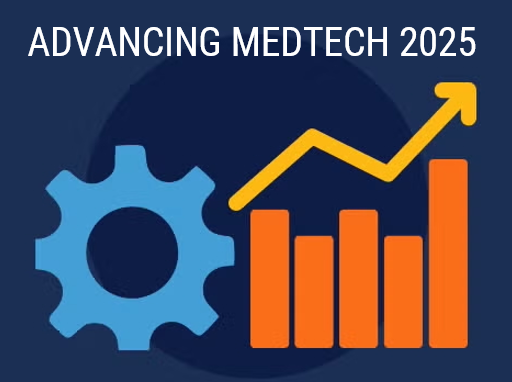
Evolving regulations and market requirements have kept medtech companies on their toes for years. EU MDR, for example, has been a top priority and now, more companies are moving toward EU MDR sustainability. As we look ahead to an unpredictable year in medtech, three areas stand out as opportunities for medtech to drive meaningful progress. AI, recall management, and regulatory intelligence could be key differentiators for medtechs — if approached strategically.
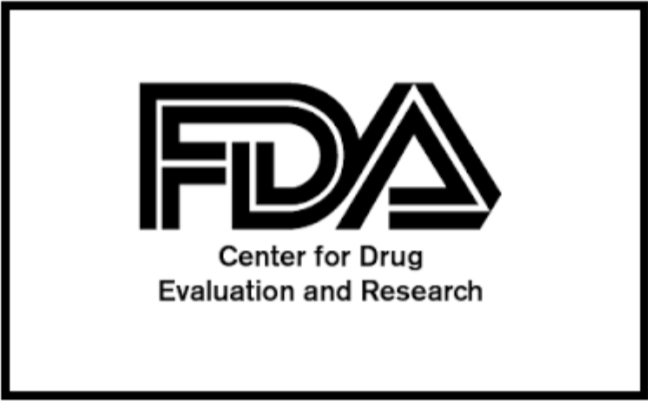
According to CDER Director Patrizia Cavazzoni, CDER’s new Center for Real-World Evidence Innovation represents a major step forward in efforts to unlock the full potential of RWD to inform clinical and regulatory decisions.
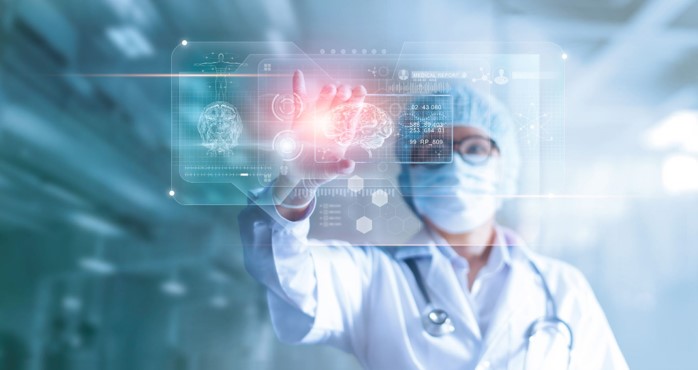
Health IT interoperability advocacy group, The Sequoia Project released its latest Data Usability Implementation Guide including added guidance for receiving systems, advanced baseline requirements from USCDI V1, and more.

MTI Viewpoints are insights shared by industry relative to healthcare and the advancement of medical technology.

The AI Training Dataset Market size is projected CAGR of 27.7% in the coming years. By 2024, the market had reached an approximate value of USD 2.82 billion and is forecasted to reach USD 9.58 billion by 2029, according to a new report by MarketsandMarkets™.

Billions of dollars are lost annually in medical billing errors resulting from data entry mistakes, outdated coding practices, and duplicated charges. Artificial Intelligence (AI) and Machine Learning (ML) are revolutionizing the process of claims processing, diagnostics, eliminating errors, streamlining workflow, and increasing the accuracy of claims submissions. Together with human oversight to ensure precision and safety, AI augments healthcare professionals to improve patient care and outcomes.
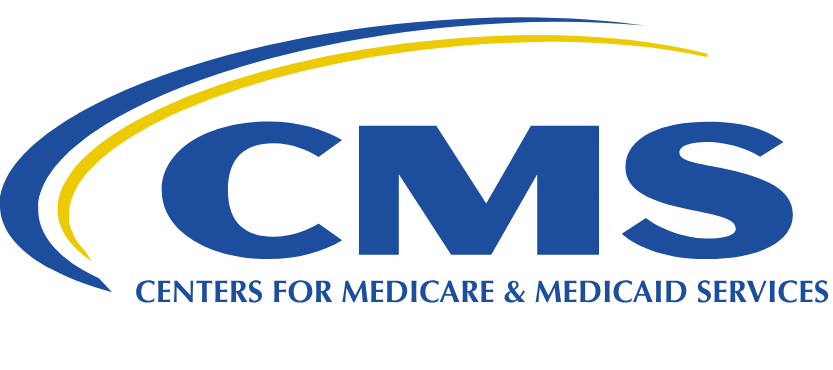
In the face of sweeping Medicare changes for 2025, millions of seniors face the challenge of navigating a complex landscape of new options, increased costs, and altered benefits. Innovative technologies are emerging as crucial tools for both patients and healthcare providers, offering detailed cost comparisons, network analyses, and benefit breakdowns.

Harnessing the power of big data from medical device software offers real-time monitoring, predictive analytics, and personalized treatment plans, significantly enhancing the doctor to patient relationship as well as patient outcomes.
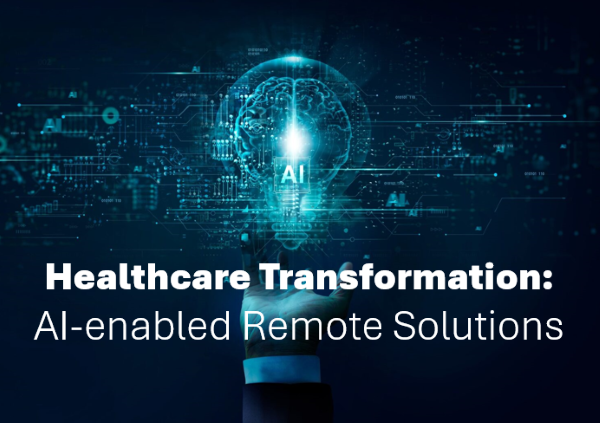
AI and real-time data enhance care efficiency and access. And with healthcare workers in short supply, the rapid advancements in AI, IoMT, and related innovation offer patient access freedom, enhanced care delivery, and better outcomes.